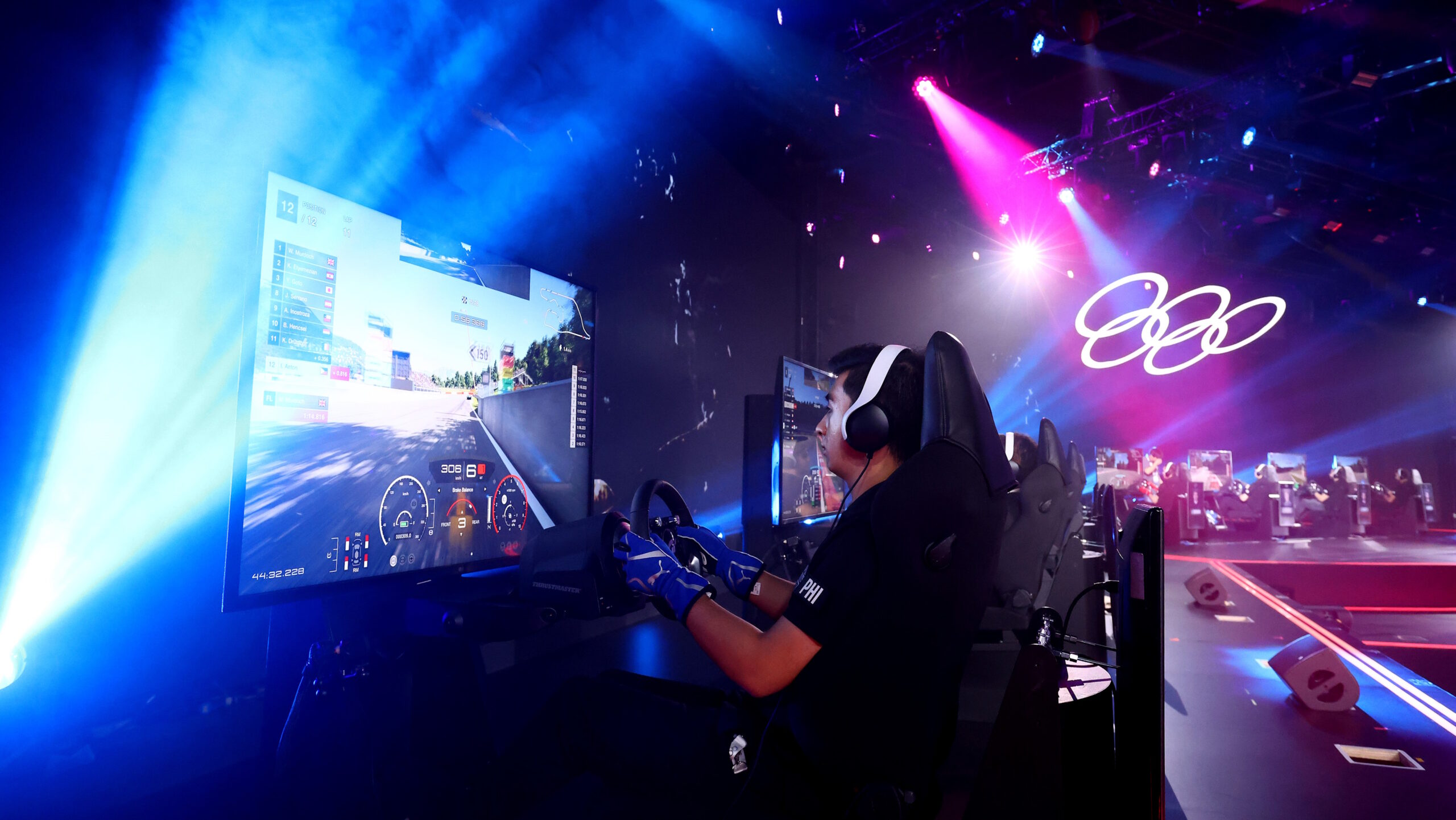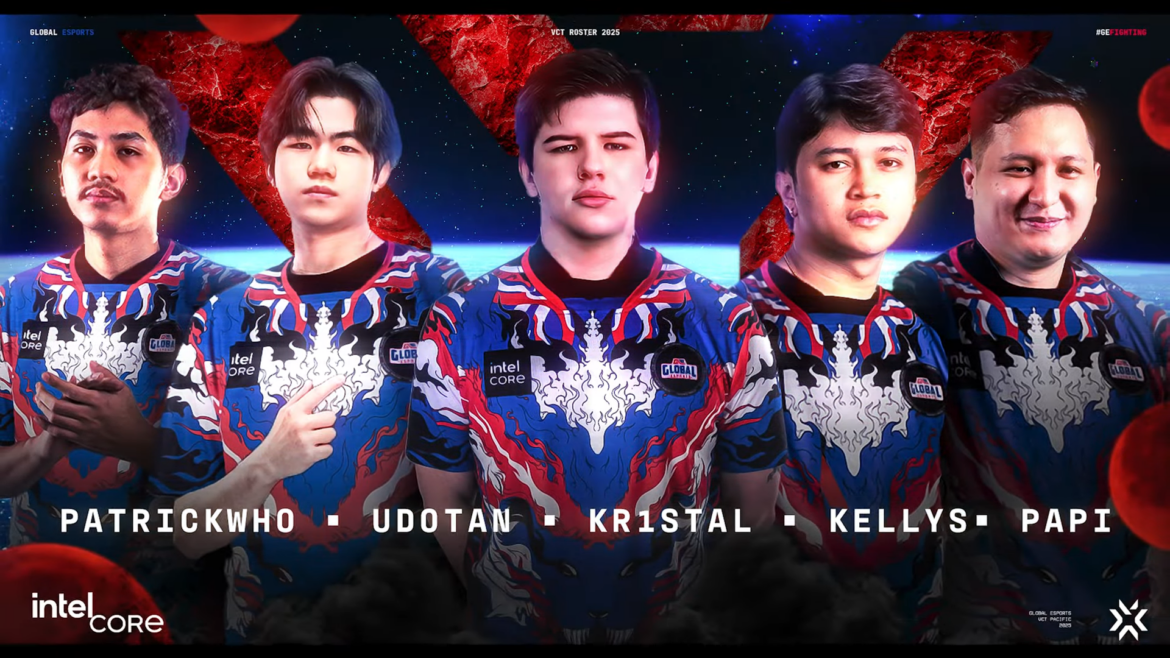
In game development, security breaches have become a serious operational risk. Source code leaks, early footage dumps, and compromised community tools are no longer rare. Studios large and small have been affected, with incidents delaying releases, damaging brand equity, and compromising player trust.
The structure of modern game development increases that exposure. Teams work across continents and time zones. Contractors handle key assets. Workflows run through platforms like Discord, Git, Jira, and proprietary engines. That level of collaboration keeps studios agile, but it also opens the door to cyberattacks.
Security awareness training is supposed to help. In practice, it often doesn’t. Traditional training relies on out-of-date examples and long-form presentations. These materials tend to be generic and compliance-driven, disconnected from the pace and tools of actual development. For teams already managing crunch cycles and constant builds, the message doesn’t land.
Hook Security is working to change that. The company provides psychological security awareness training designed to meet teams where they work, and to do it in a way that builds real behavioral change over time.
Rather than treat security training as a one-time event, Hook Security delivers short, scenario-based modules throughout the year. These are designed to mimic real-world cyber threats without relying on fear or shame. For example, phishing simulations are delivered as email tests based on common workplace patterns. If an employee clicks, they’re enrolled in targeted training automatically and immediately. That quick feedback loop reinforces learning without disrupting the day.
The company also emphasizes psychological safety, which plays a critical role in adoption. Hook Security avoids the punitive tactics often used in legacy security platforms. Instead, they lead with positive reinforcement, creative engagement, and a focus on building a security-aware culture over time. That approach is especially effective in creative environments, where rigid or negative instruction tends to be ignored.
For game studios, that shift matters. The stakes are high, but developers and artists aren’t motivated by compliance reports. They’re driven by output, timelines, and collaboration. Hook Security’s model acknowledges that and adjusts accordingly, offering tailored learning paths aligned with each employee’s role, experience level, and learning style. This level of targeting improves retention and helps teams build lasting security habits.
Hook Security also handles the technical side. Their platform integrates with learning management systems, supports SCORM-based content, and connects to user directories like Active Directory. Training can be deployed instantly and tracked with automated reports. That gives leadership a clear view of what’s working, where gaps remain, and whether regulatory standards like HIPAA or PCI are being met.
As studios continue to grow and digitize more of their infrastructure, the attack surface keeps expanding. IP leaks are costly. Player data breaches can stall entire product lines. Even social engineering attempts on community managers or QA testers can cause widespread damage. These threats aren’t theoretical, they’re happening regularly.
Security awareness won’t solve everything. But when it’s embedded into culture, and when it reflects how teams actually work, it becomes far more effective.
Hook Security is betting on that shift. And for studios looking to stay ahead of the next leak, or prevent one entirely, it’s a model that’s becoming harder to ignore.

Game development thrives on iteration. Builds change weekly. Priorities shift mid-sprint. And whether a studio is fine-tuning combat mechanics or responding to a publisher’s new... Read more

Why the social crypto platform sees games as a cornerstone of long-term utility Gaming is becoming a central pillar of Pi Network’s growth strategy. As... Read more

When VR first hit mainstream shelves, it was all about escape. Strap on a headset, leave your living room behind, and plunge into another world.... Read more

If there’s one thing gamers and developers can agree on heading into 2025, it’s that the rules are changing. Again. The gaming industry isn’t just... Read more

Get ready to shift gears in the world of virtual motorsports with eSim Racing! In this article, we’ll take a deep dive into how eSim... Read more

Dive into the thriving world of Valorant 2 in Asia with our latest blog! We’ll explore how the game has captured the attention of players... Read more

Lorem ipsum dolor sit amet, consectetur adipiscing elit. Ut elit tellus, luctus nec ullamcorper mattis, pulvinar dapibus leo.
Lorem ipsum dolor sit amet, consectetur adipiscing elit. Ut elit tellus, luctus nec ullamcorper mattis, pulvinar dapibus leo.